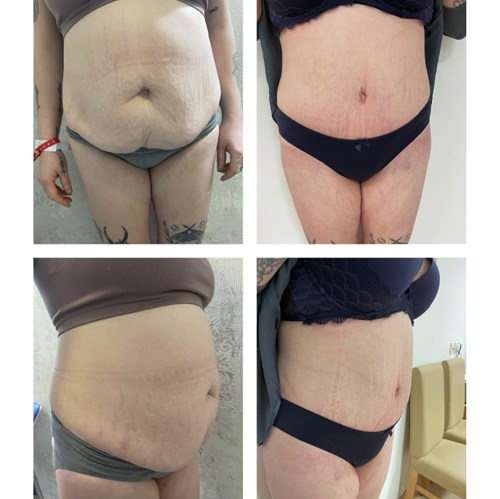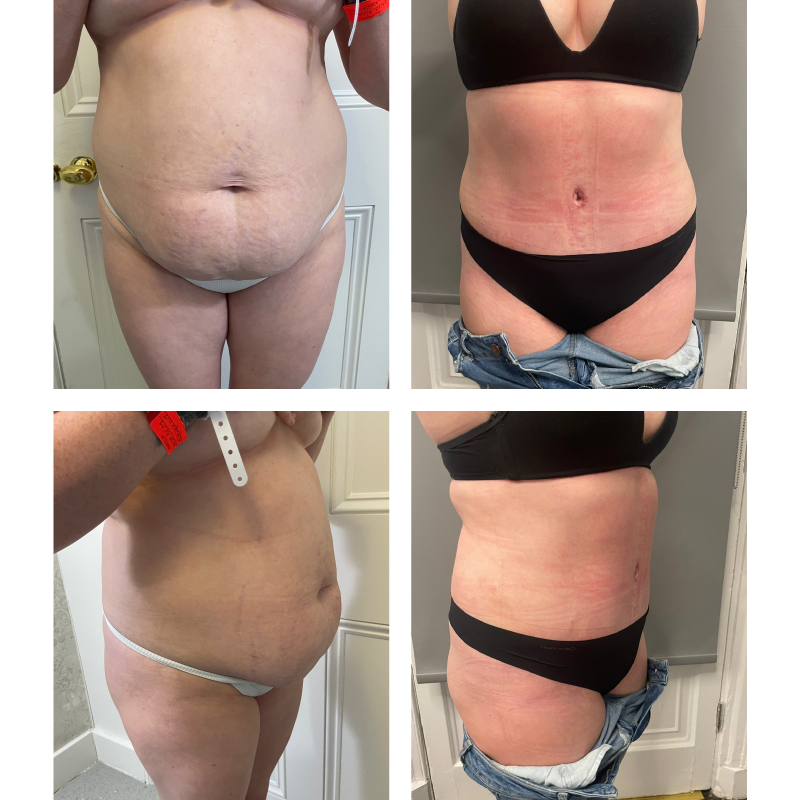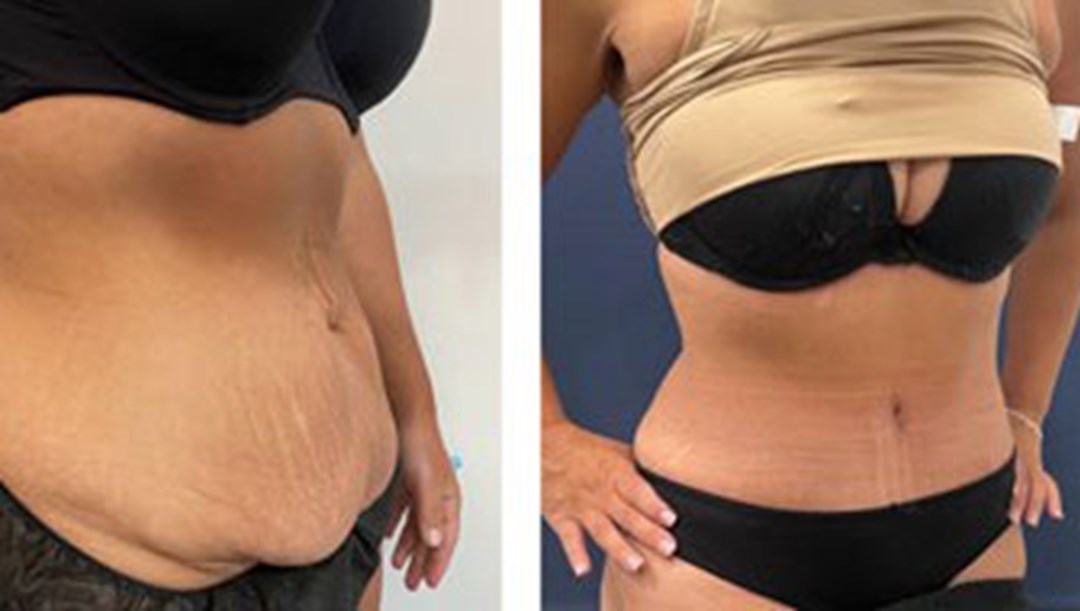Key Takeaways
A tummy tuck is a significant financial investment, especially in the UK where the average cost is around £9,000. While the procedure can be cheaper in places like Turkey, patients must be cautious about the risks involved with pursuing surgery abroad. The final price includes more than just the surgery, with factors like facility fees, anaesthesia, post-operative care, and medications contributing to the overall cost. Various financing options can help manage the expense over time.
Request a Callback
Table of Contents
Unbelievably Low-Cost Tummy Tuck Warning
Unbelievably low-cost tummy tuck offers might pop up during your research. However, it's essential to approach these with caution. Always dig deeper to verify the surgeon’s credentials, the amenities provided by the clinic, and their experience with tummy tuck procedures. When it comes to cosmetic surgery, the cheapest option may not always be the best. Safety, professionalism, and quality of care should be your top priorities.
Tummy Tuck Price
The cost of a tummy tuck can vary significantly depending on your location. Data from the British Association of Aesthetic Plastic Surgeons suggests that the average tummy tuck cost in the UK is around £9,000. However, in high-demand areas like London, prices can rise to £20,000 or more, particularly when performed by a world-renowned expert.
A substantial portion of tummy tuck costs is allocated to facility and anaesthesia fees. Most reputable procedures are conducted in facilities monitored by the Care Quality Commission (CQC), which imposes a fee structure for operating room usage and anaesthesia services. Clarifying these details upfront can help avoid unexpected expenses.
While tummy tucks may be cheaper in countries like Turkey, where facility costs are lower than in the UK, pursuing surgery abroad comes with potential risks. Complications may arise without adequate follow-up care, making it a risky option.
Additionally, elective cosmetic surgeries like tummy tucks are usually not covered by the NHS or private insurance unless performed for medical reasons, such as after massive weight loss following gastric bypass or band surgery.
https://www.newyouharleystreet.com/body/tummy-tuck-abdominoplasty/
| Procedure Time |
Anaesthesia |
Same Day Discharge |
Time Off Work |
Gym |
Full Recovery |
| 150-180 minutes |
General |
Yes - Home on same day of surgery |
2 Weeks |
No gym 6-8 weeks |
8 Weeks |
Tummy Tuck Finance Breakdown
The total price quoted for a tummy tuck generally includes more than just the surgery itself. Expenses such as post-operative care, specialized compression garments, and necessary medications are often part of the overall cost. Make sure you request a detailed breakdown of costs during your consultation to avoid surprises.
Medications needed during recovery to manage pain or prevent infections are typically affordable but should still be factored into your budget.
Tummy Tuck Procedure
The cost of a tummy tuck depends on the technique used and the duration of the surgery. A mini tummy tuck is typically less expensive than a full or extended tummy tuck. Adding liposuction to an abdominoplasty will increase the overall cost, though it may be necessary for optimal results.
The most time-consuming type of tummy tuck is the fleur de lis tummy tuck, which addresses both horizontal and vertical laxity. This procedure results in horizontal (hip-to-hip) and vertical (down the middle) scars and often requires an overnight hospital stay, further increasing the cost.


Tummy Tuck Financing Options
At New You Harley Street, we understand that a tummy tuck represents a substantial financial commitment. To assist patients, we offer various financing options, allowing them to manage the cost with monthly payments. This makes the procedure more accessible and helps patients spread out the expense over time.
If you're looking for an expert tummy tuck surgeon, contact us at New You Harley Street to learn more about our services and financing plans.
FAQs
1. How much does a tummy tuck cost in the UK?
The average cost of a tummy tuck in the UK is around £9,000. In high-demand areas like London, prices can go up to £20,000 or more, especially if the surgery is performed by a world-renowned surgeon.
2. Are there cheaper tummy tuck options abroad?
Yes, tummy tucks may be cheaper in countries like Turkey due to lower facility costs. However, pursuing surgery abroad can pose risks, such as complications and lack of follow-up care, making it a less advisable option.
3. Is a tummy tuck covered by the NHS or insurance?
Elective cosmetic procedures like tummy tucks are usually not covered by the NHS or private insurance unless there is a medical need, such as after significant weight loss surgery.
4. What additional costs should I consider for a tummy tuck?
In addition to the surgery, you should factor in costs for anaesthesia, operating facility fees, post-operative care, compression garments, and medications. Always request a detailed cost breakdown during your consultation.
5. What financing options are available for tummy tucks?
New You Harley Street offers various financing plans that allow patients to spread the cost of their tummy tuck over time, making it more manageable with monthly payments.







